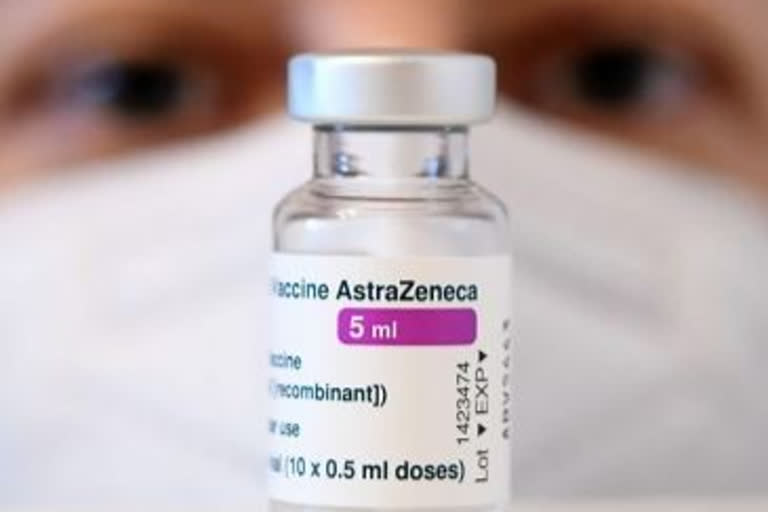London: A single shot of an antibody treatment against Covid-19 developed by UK drug major AstraZeneca is 83 per cent capable to reduce the risk of the infectious disease compared to placebo, according to new clinical trial results.
The antibody treatment, known as AZD7442, has shown to be highly effective at preventing Covid-19 in people who may not respond well to vaccines, the company said in a statement.
About 2 per cent of the global population is considered at increased risk of an inadequate response to a Covid-19 vaccine. This includes people with blood cancers or other cancers being treated with chemotherapy, patients on dialysis, those taking medications after an organ transplant or who are taking immunosuppressive drugs for conditions including multiple sclerosis and rheumatoid arthritis.
"These compelling results give me confidence that this long-acting antibody combination can provide my vulnerable patients with the long-lasting protection they urgently need to finally return to their everyday lives," said Hugh Montgomery, Professor of Intensive Care Medicine at the University College London, and AZD7442 principal investigator, in the statement.
"Importantly, six months of protection was maintained despite the surge of the Delta variant among these high-risk participants who may not respond adequately to vaccination," Montgomery added.
The phase three clinical trial was conducted across 87 sites in five countries: the US, the UK, Spain, Belgium and France. A total of 5,197 people took part, with 3,460 receiving 300 milligrams of AZD7442 and 1,737 being given a saline placebo.
The six-month assessment included data from 4,991 of the participants, who will continue to be assessed for 15 months.
In a separate trial, patients with mild-to-moderate Covid-19 had their risk of developing severe disease reduced by 88 per cent, when one dose of AZD7442 was given within three days of developing symptoms. 903 participants were given 600 mg of AZD7442, while the other half were given a placebo.
